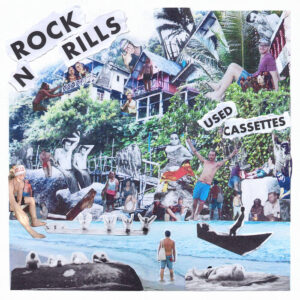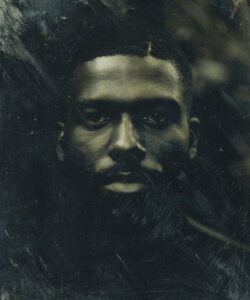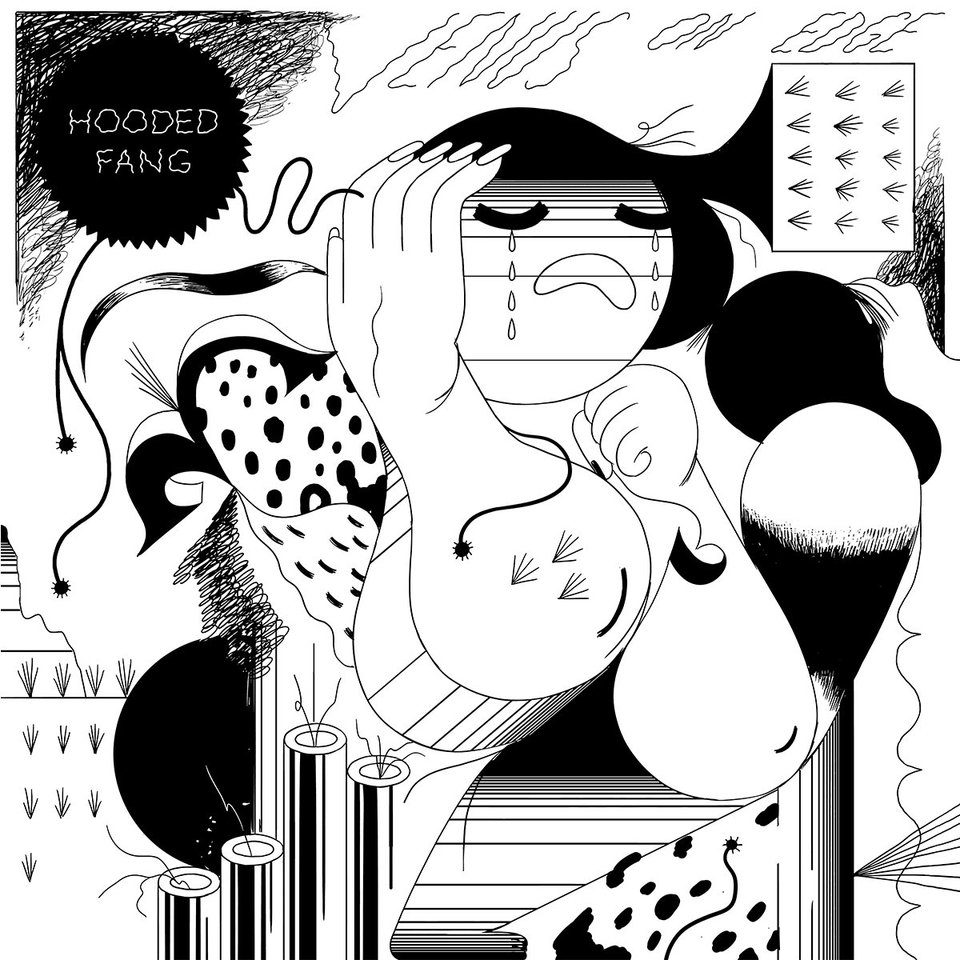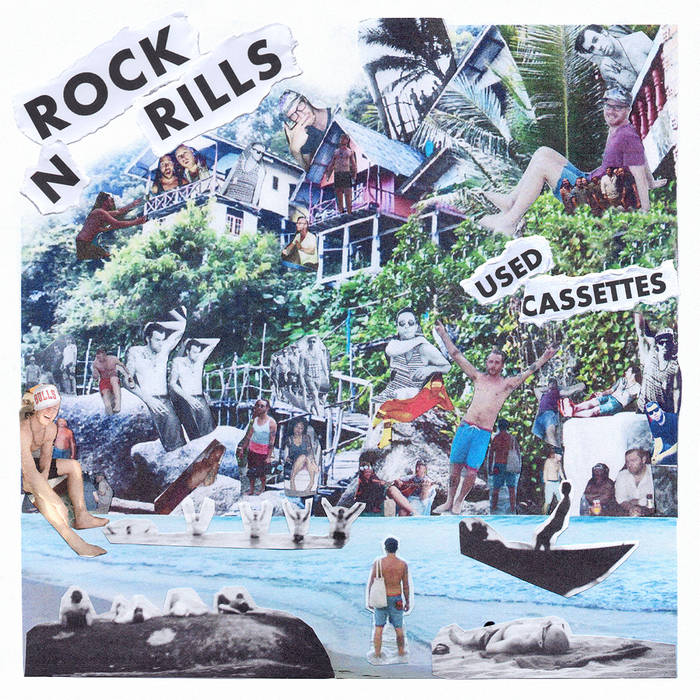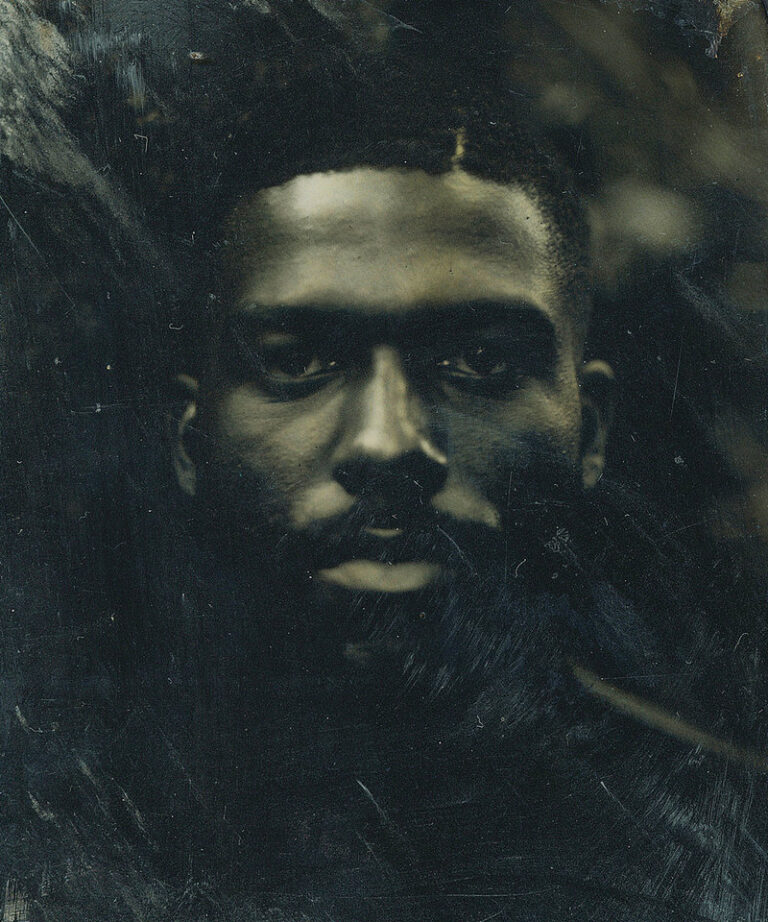“I found you deep in the pentacle,” sings folk-blues singer-songwriter Kwesi Foraes, on “Pentacle 13,” one of the more accessible but still pretty unintelligible tracks on his debut EP, 27. Is he talking about magic? You’d think, but it’s really not easy to figure out, leading this critic to think Foraes’ is one of those writers who purposely leaves his lyrics buried in metaphor and open to interpretation—kind of like the song “MacArthur Park,”, but not as wigged-out or bold. On a related note, Foraes’ halting, angsty delivery begs comparison to at least two different lesbian folk singers who also dabble in metaphor. I think this means that Foraes is satisfied in his anger, comfortable with his not-so-hot lot in the world. The injustice of 27 is that the songs are really groovy, featuring rewarding arrangements that demand repeated listening. While for me 27 is ruined by overcooked singing, a lot of folk fans will find an authenticity and realism that make it a five star album.
